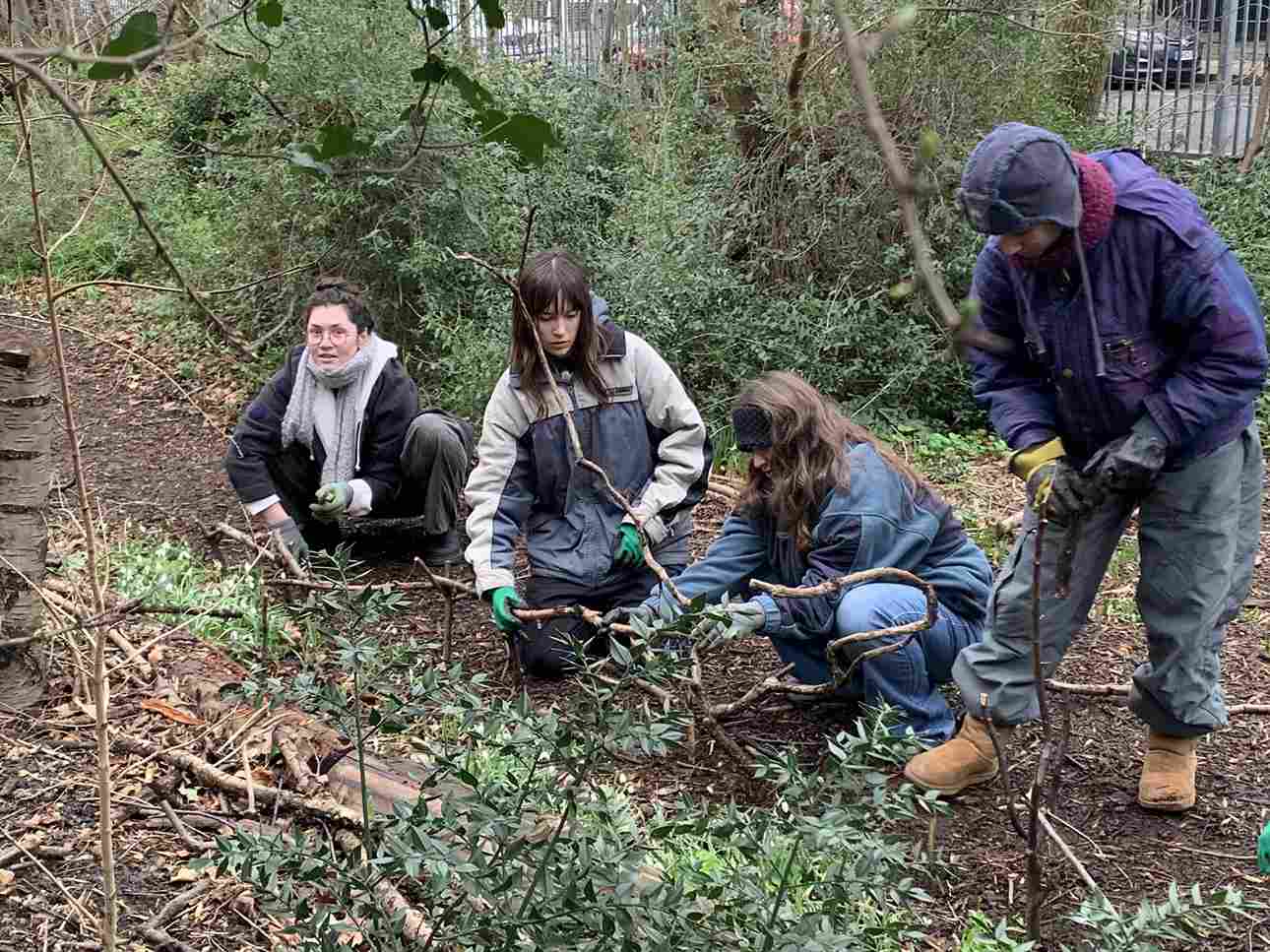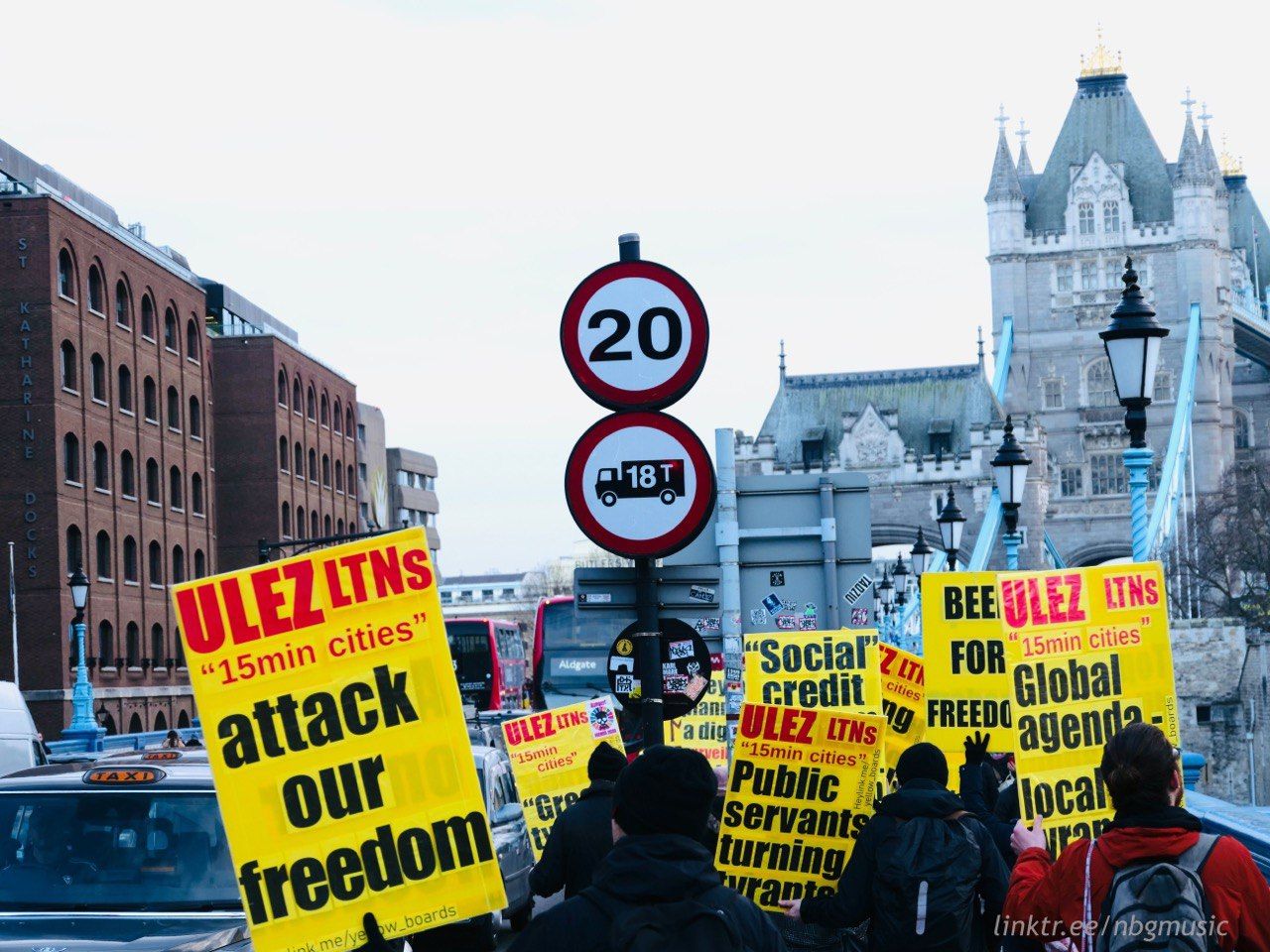
Indigenous African Knowledge and Climate Justice

Summary
This project explores how indigenous African knowledge, specifically focusing on Maasai practices, can provide opportunities for climate justice for young people from the African diaspora in London. Using a mixed methods approach, including qualitative interviews, thematic analysis, and quantitative data science, the research investigates the intersection of indigenous knowledge, climate change, and youth engagement.
In collaboration with The Africa Centre, the project aims to develop strategies that integrate traditional ecological wisdom with modern urban sustainability efforts. Outputs include a thematic card deck, "Roots & Reflections: Enkiguena Dialogues," designed to educate and engage young people in meaningful climate action discussions.
Approach and Methodology
In-depth interviews were conducted with 24 young people (aged 18-30) from London, representing various backgrounds within the African diaspora. Participants were selected using a snowball sampling method to capture a diverse range of perspectives. The interviews focused on participants' experiences with climate change, their understanding of indigenous knowledge, and potential links between these concepts. These insights were then analysed using thematic analysis to identify recurring themes and patterns. Themes such as community, environmental stewardship, and the role of indigenous knowledge in climate action emerged from the analysis, providing insights into how these concepts resonate with the participants.
A game theory analysis was conducted to model stakeholder interactions and potential outcomes for implementing indigenous knowledge-based strategies. This involved reviewing existing interventions by The Africa Centre and developing hypothetical scenarios to explore the dynamics between various stakeholders, such as community organisations, local authorities, and the diaspora youth.
The insights from the qualitative and quantitative analyses informed a design thinking process. This iterative process involved brainstorming, prototyping, and testing solutions with a focus group on climate and marginalised identity. The key output is the "Roots & Reflections: Enkiguena Dialogues" card deck, which serves as an educational tool to introduce indigenous African concepts and foster discussions on climate justice, alongside a strategy and a map.
Proposal/Outcome
The primary output of this project is the "Roots & Reflections: Enkiguena Dialogues" card deck, designed to educate and engage young people on indigenous African concepts and their relevance to climate justice. The deck combines Maasai and other African indigenous knowledge with reflective prompts to foster discussions on identity, nature, and sustainability. Additionally, a map providing insights into different Indigenous Tribes from across the continent and how they are feeling the impacts of climate change was developed. These outputs aim to empower young people with knowledge and tools to actively participate in climate action, fostering a deeper connection to their cultural heritage and environmental responsibility.
Beyond Outcomes
I’m hoping to take this further, working with the Young Africa Centre to implement my strategy and using the cards and developing events and workshops to start conversations around identity, cultural heritage, and the environment, engaging youth from the African diaspora and beyond.
Want to learn more about this project?




Overall LIS Journey
About me

I am a graphic designer, photographer and brand strategist and work with a number of different organisations to help them tell their stories through design. I’m also currently a Director of Elevate Young Minds, a youth-based organisation in Manchester which aims to empower young entrepreneurs, artists and leaders.
.svg)
Other Related Projects
Back to the repository


- A Pilot Based on Heathrow's Sustainability Goals







